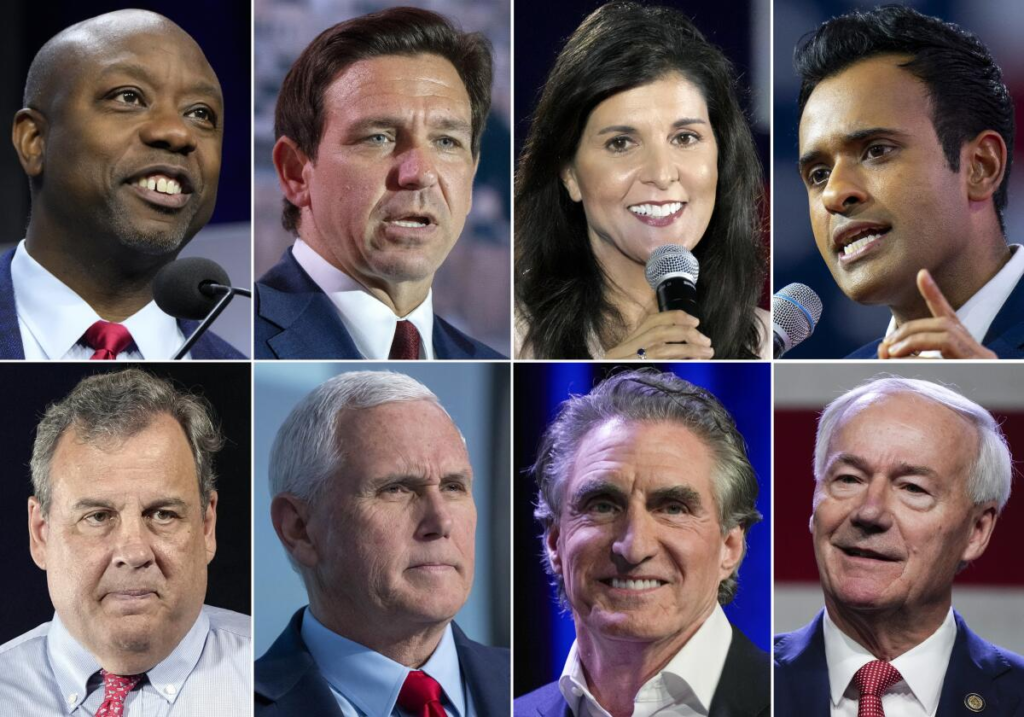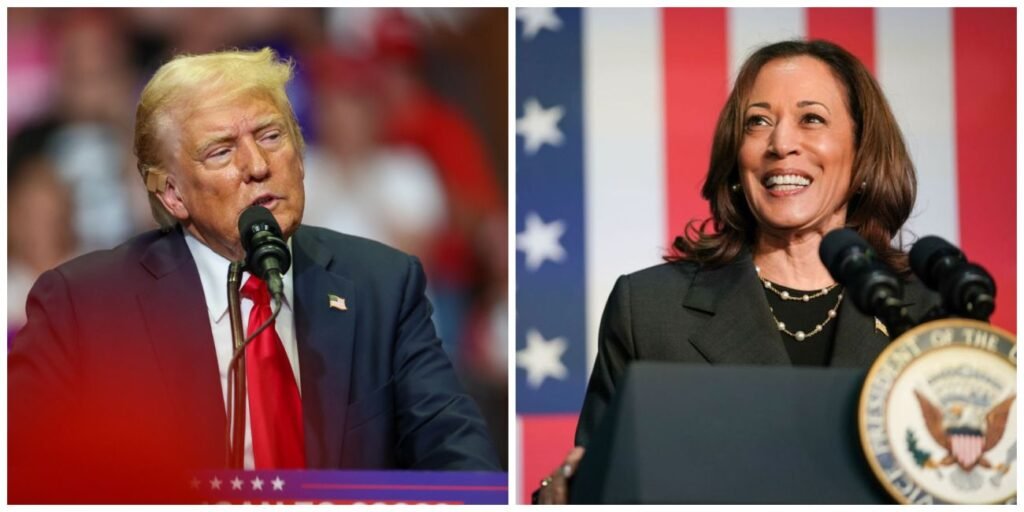What Time Is the Debate Tonight? A Complete Guide
In today’s political climate, debates are one of the most anticipated events. Whether it’s a presidential, gubernatorial, or local election debate, these events allow voters to witness candidates articulate their policies, defend their positions, and react to pressing issues in real-time. But as you prepare to watch, one question always seems to come up: What time is the debate tonight?
In this comprehensive guide, we’ll answer this central question, offer insights into where you can watch the debate, and discuss what to expect during the broadcast. Whether you’re tuning in on TV, streaming online, or catching the highlights afterward, we’ve got you covered.
1. What Time is the Debate Tonight?
The timing of tonight’s debate depends largely on the type of debate you are planning to watch. However, most high-profile debates, including presidential debates or primary debates for major parties, typically begin around 8:00 PM or 9:00 PM Eastern Time (ET).

For example:
- Presidential Debates: These often start at 9:00 PM ET and last for about 90 minutes, typically without commercial breaks.
- Primary Debates: Depending on the format, primary debates usually follow a similar schedule, with an 8:00 or 9:00 PM ET start time.
- Local or State Debates: These may vary based on the state and broadcast schedule, but they tend to start slightly earlier, sometimes around 7:00 PM ET or 8:00 PM ET, especially if broadcast on local TV networks.
Be sure to double-check local listings, especially for state and local debates, as they can have different broadcast times depending on the station.
2. Where Can You Watch the Debate?
Once you’ve figured out what time the debate is tonight, the next step is to figure out where you can tune in. Luckily, there are multiple ways to watch these events live or after they air:
Television Broadcast
Most major television networks broadcast high-profile debates, especially presidential or national-level debates. Networks such as:
- ABC
- CBS
- NBC
- Fox News
- CNN
- MSNBC
These channels often provide both live coverage and expert commentary before and after the debate. Cable subscribers can access these channels through their provider, but many of these networks also offer online streaming options.
Online Streaming
If you’re wondering how to watch tonight’s debate online, there are several ways to stream the event live:
- YouTube: Networks like PBS, NBC, and others often stream debates live on YouTube for free.
- Network Websites/Apps: Most of the major networks, such as CNN, Fox News, and NBC, provide live streaming options directly on their websites or through their respective apps.
- Social Media: Platforms like Facebook and Twitter frequently host live streams or links to official streams for major debates.
- Subscription Services: Services like Hulu Live, Sling TV, and YouTube TV offer live streaming options for cable networks, and many offer free trials if you’re only tuning in for the debate.
Radio and Podcast Options
If you’re unable to watch the debate but still want to follow along, several radio stations and podcast services will be covering the event live:
- NPR: Offers live radio broadcasts of debates, both nationally and locally.
- SiriusXM: Many of the news channels on SiriusXM cover debates in real time.
- Podcasts: After the debate, several political analysis podcasts will release post-debate episodes, offering recaps and highlights.
3. What to Expect During the Debate
Debates are crucial events in election cycles. They allow voters to hear candidates express their policies directly and unscripted, without the usual filters of campaign advertisements or media soundbites. Here’s a quick look at what to expect from a typical debate format:
Opening Statements
Most debates begin with each candidate delivering an opening statement. These statements typically last between one to two minutes and allow the candidates to set the stage for their key talking points.
Moderator Questions
Following the opening statements, the debate moderator(s) will start asking questions, usually one for each candidate. The candidates are generally given equal time to answer each question—typically around 60 to 90 seconds each. Moderators play a crucial role by keeping the debate on track, ensuring that candidates stick to their allotted time, and intervening when necessary.
Direct Exchanges and Follow-Up Questions
In more dynamic debate formats, candidates are often allowed to directly respond to their opponents. This portion is where the most heated exchanges typically happen, as candidates challenge one another’s policies, records, or statements. Moderators may also ask follow-up questions or seek clarifications to ensure candidates stay on topic.
Closing Statements
To wrap up the debate, each candidate is given time to make a closing statement. This is their final opportunity to summarize their key points and make a lasting impression on the audience.
Post-Debate Analysis
Once the debate ends, most news networks and online platforms will engage in post-debate analysis, breaking down the key moments, discussing winners and losers, and projecting how the debate might influence the polls or voters.
4. How to Make the Most of Watching the Debate Tonight
Debates can be overwhelming, especially if you’re unfamiliar with the issues being discussed or the candidates themselves. Here are a few tips to help you make the most of your viewing experience:
Do Your Research Beforehand
Before tuning in, take some time to research the candidates and their platforms. This will help you better understand the context behind their statements and give you a clearer sense of where they stand on the issues that matter most to you.
Fact-Check in Real-Time
Debates often involve rapid-fire exchanges, and it can be easy for candidates to misstate facts or skew the truth. If you’re interested in staying fully informed, consider following along with live fact-checking services, such as those provided by PolitiFact, FactCheck.org, or major news outlets.
Engage in the Discussion
Debates are not just about watching the candidates—they’re about engaging with the issues. Join discussions on social media, or talk to friends and family about the debate afterward. This can help you gain different perspectives and clarify your stance on certain topics.
5. Why Debates Matter in Elections
Debates offer a unique opportunity for voters to see how candidates perform under pressure and how they handle tough questions. More than just rehearsed soundbites, debates showcase how candidates react in real time, offering a glimpse into their leadership qualities, communication skills, and policy knowledge.
For undecided voters, debates can be a deciding factor in who they support. Even for committed voters, debates can either solidify their choice or raise doubts about a candidate’s viability. They also help shine a spotlight on lesser-known candidates, giving them a platform to reach a broader audience.
Final Thoughts
So, what time is the debate tonight? Depending on the specific event, the debate will likely begin between 8:00 PM and 9:00 PM ET. Be sure to check local listings or your preferred streaming service to confirm the exact start time. With multiple ways to watch—on television, online, or through radio broadcasts—you won’t want to miss this pivotal moment in the election cycle.
As you prepare for tonight’s debate, remember to stay informed, fact-check statements in real time, and engage in meaningful discussions. After all, debates are more than just entertainment—they’re a vital part of the democratic process.
